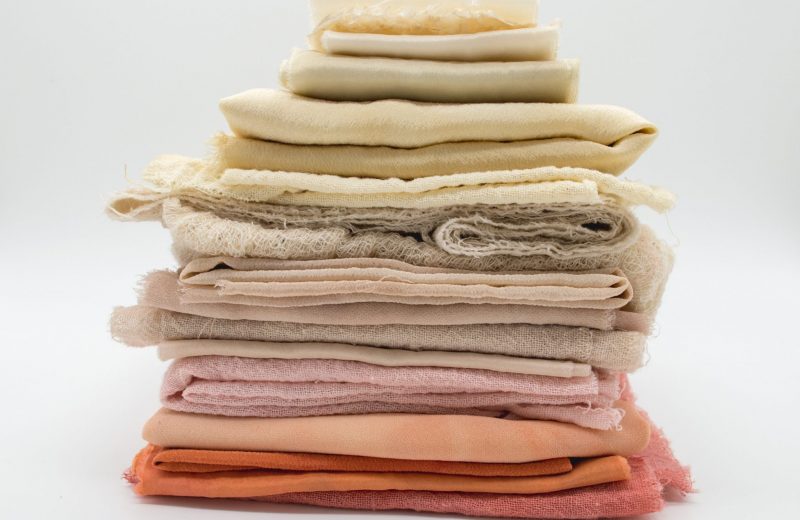New to the Minister’s Priority List in 2021-22 is clothing textiles, as well as problematic and unnecessary single use plastics.
Reasons for inclusion
In 2018–19 Australia generated 780,000 tonnes of textile waste, with clothing comprising roughly 39 per cent by weight. Only 7 per cent was recycled, with the remaining going to landfill. In 2019–20, Australia exported 47,300 tonnes of textile waste (mostly worn clothing). No formal collection services for reused textiles currently exist, with collection borne mainly by charities.
The issues
Commonly used textiles often contain a complex mixture of materials that are difficult to separate and recycle. Breaking down textiles into their virgin elements, in order to recycle them, is time consuming and labour intensive.
Improvements in technology are facilitating higher levels of material yield, however these technologies are still in their infancy and are not widely used in Australia.
Plastic microfibres from laundering synthetic clothing contribute to up to 35 per cent of primary microplastics in marine environments.
Minister’s recommended actions
Action 1 (2022 – 2025)
Industry should take action to reduce the volume of clothing being sent to landfill. A focus should be the design and production of goods that facilitate longevity and reuse.
Action 2 (June 2022)
Design a national product stewardship scheme for end-of-life uniforms and workwear.
Action 3 (June 2022)
Set up an industry wide stakeholder group to establish baseline data for material flows of various categories of textiles and drive action on textiles. (This could include for example increasing recycling potential, material flows data and reporting, research and development, product design to reduce waste and facilitate reuse and recycling).
Action 4 (2025)
Manufacturers, importers, distributors and retailers should reduce the environmental impacts of clothing across the lifecycle including through product design improvements related to durability, reparability, re-usability and/or recyclability of clothing.
Representing retail
The National Retail Association will represent and support industry throughout any action implementation. The National Retail Association recognises that this will require involvement from national and international stakeholders and real collaboration across industry is needed.
We urge retailers to get in early and join like-minded experts from across the retail industry, government and associated stakeholders in the National Retail Association Sustainability Committee.
Global Action
See what our international partners are doing to tackle clothing textile waste.
WRAP UK

